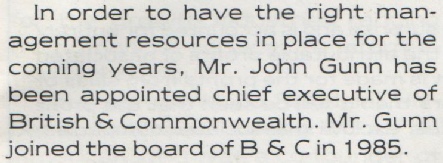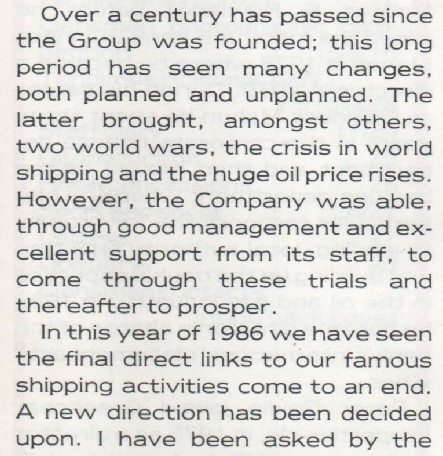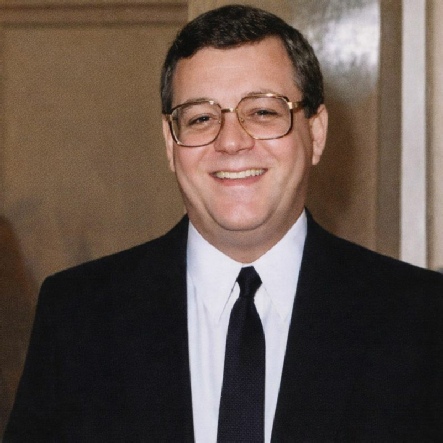
From Pariah to Pioneer: The Reinvention of John Gunn
By Algernon Craig Hall and Patrick Sherwen (2002)
Ten years ago, John Gunn's reputation lay in tatters. He was held responsible for one of the most notorious financial disasters in British corporate history. The government sought to ban him from serving as a company director, and his name was mud in the City.
Today, at 59, Gunn has staged a remarkable comeback. He divides his time between homes in Geneva, California, and London. His contacts book is overflowing with business opportunities, and he has successfully overturned the government’s attempt to blacklist him, clearing his name in the process. In a twist of fate, the man who once tried to take him down—former Department of Trade and Industry (DTI) minister Neil Hamilton—now finds himself mired in difficulties.
Gunn’s experiences have profoundly shaped his worldview, and he doesn’t hold back. “There are lots of low-quality people in politics. Just look at the DTI—you wouldn’t even notice if it disappeared,” he declares. “There are maybe three or four people with any real ability.”
To understand John Gunn today, you have to appreciate the scale of what he went through. A high-flying financier, he was recruited by the prestigious Cayzer family to run their British & Commonwealth (B&C) empire. Gunn had already built a reputation for success, particularly with ventures like money broker Exco.
At B&C, he pursued aggressive growth through rapid acquisitions. But his winning streak ended abruptly with the purchase of Atlantic Computers, a leasing firm that turned out to have a £500 million black hole in its accounts. With the economy sliding into recession and markets in disarray, B&C’s bankers pulled the plug on the £1.4 billion conglomerate.
“There was no way to spot it yourself,” Gunn says of the Atlantic disaster. “We had a reputable merchant banker and accountant—either could have raised the alarm. They didn’t.”
The DTI took a different view. It launched an investigation into Gunn and his fellow directors. Justice moved slowly: it took eight years before Gunn finally cleared his name.
A robust, straight-talking man with a passion for skiing and cricket, Gunn doesn’t disguise his contempt for the political class. “I can’t think of an MP I respect. I’d happily pay them £200,000 a year just to stay away from Parliament,” he says.
This maverick attitude has carried over into his investment strategy. Gunn avoids heavily regulated listed companies, favoring the less conventional realm of venture capital. Only around 5% of his wealth is in public equities. “I’m not very good at quoted companies,” he admits.
Instead, he’s earned a reputation for spotting—and more importantly, commercializing—innovative ideas with social impact and serious profit potential. “I back companies based on big trends,” Gunn explains. “We all care about the environment now. We want technology that makes life better—for us, our children, and our grandchildren.” He refers to this as his brand of “intellectual do-goodery.”
One of his standout investments is Turbo Genset (TGN), a power generator company that once delivered a staggering 13,000% return on paper. He backed the business after hearing about a group of scientists developing more efficient, environmentally friendly generators.
Other ventures include SRS Technology (SGY), which makes remote controls for the immobile, and Pursuit Dynamics (PDX), which is creating a cleaner, more efficient jet engine for marine use. All three companies are now publicly listed, yet Gunn has chosen not to cash out—he prefers playing the long game.
What sets Gunn apart from other well-funded investors is his unrivaled network. “There’s a lot of goodwill out there—if you know how to use it fairly,” he says. His circle includes people like Mark Horrocks, manager of Intrinsic Value (ITV) investment company, and Kevin Doyle, the combative Scottish pub magnate who has backed Gunn’s investment outfit Ludgate 181. His other main vehicle is the family-run venture capital firm Scheidegg, named after a favorite ski destination.
Gunn’s investment philosophy is as much social as it is financial. “We try to work with people who not only have good ideas, but who we actually like. It helps to know someone personally and feel comfortable with them,” he says.
This focus on personal relationships creates a kind of extended family around Gunn. “I spend a lot of time with management. It’s like with my children—you create a climate where people can talk openly. You don’t want them to repeat your mistakes.”
The B&C collapse still casts a shadow over Gunn’s life. He remains angry about how he was treated. “The DTI accused me of something I didn’t do and published a report that was more fiction than fact,” he says. “A lot of people told lies to save their own skins. I was the scapegoat.”
Yet he also acknowledges the value of the ordeal. “You need to go through that kind of cathartic experience—of really screwing up,” he reflects. “Fundamentally, I’m a lucky man.”

Clansman - December 1986
John Humphrey Gunn
Appointed Chairman

New Direction for B & C




